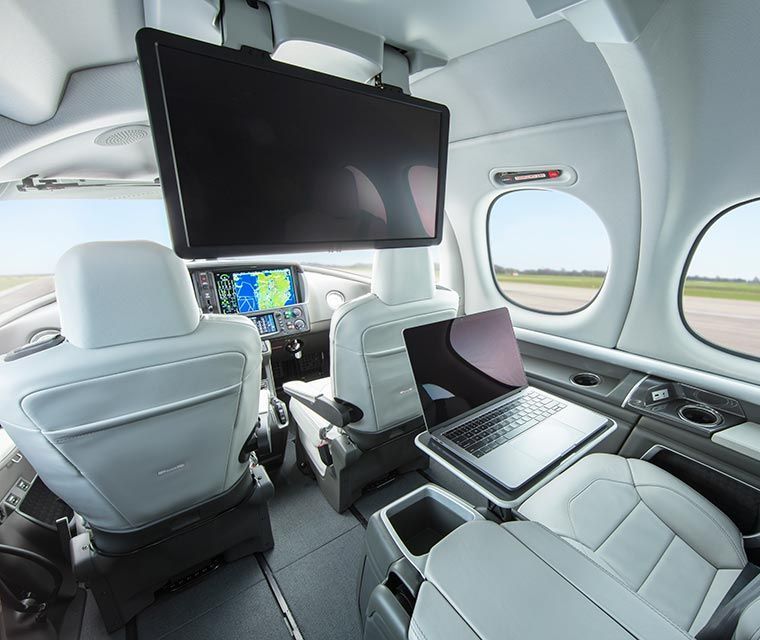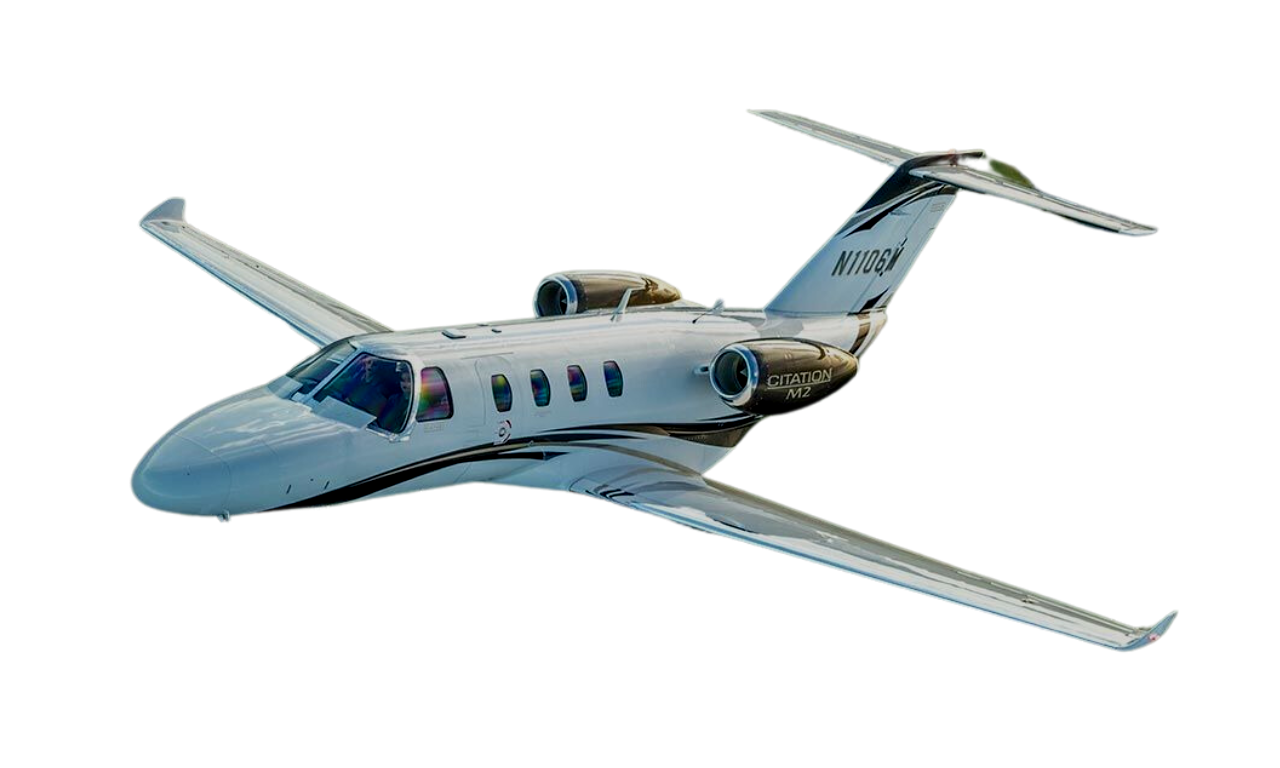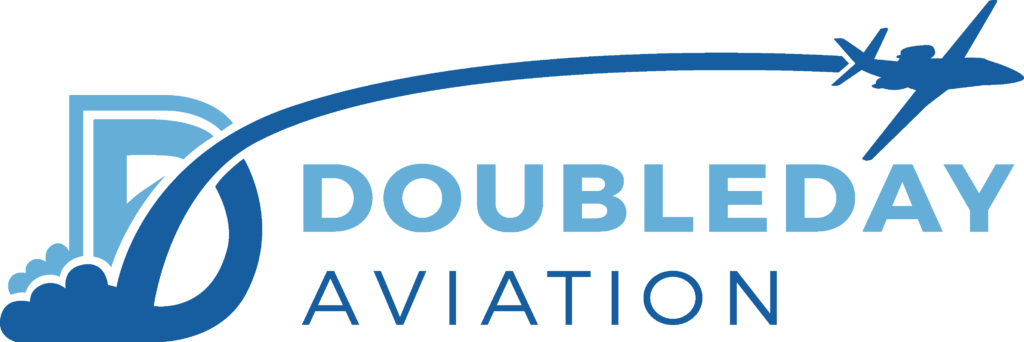Flight School at DoubleDay Aviation in Greenville, SC
At DoubleDay Aviation, we like to refer to flight school as “becoming a pilot,” which is the ultimate goal. We offer seamless ground and air training and reasonable prices to obtain instruction. Flight school typically starts in the classroom. Students study aerodynamics, aviation regulations, weather, navigation, aircraft systems, and safety procedures. DoubleDay also offers a Cirrus flight simulator in the building. Trainees often practice on simulators to develop basic flight skills and familiarize themselves with cockpit instruments without the risks of flying an actual aircraft. After mastering ground knowledge and the basics of a flight simulator, students take exams to demonstrate their understanding of flight knowledge.
What is the Training Process in Flight School?
At DoubleDay Aviation, we like to refer to flight school as “becoming a pilot,” which is the ultimate goal. We offer seamless ground and air training and reasonable prices to obtain instruction. Flight school typically starts in the classroom. Students study aerodynamics, aviation regulations, weather, navigation, aircraft systems, and safety procedures. DoubleDay also offers a Cirrus flight simulator in the building. Trainees often practice on simulators to develop basic flight skills and familiarize themselves with cockpit instruments without the risks of flying an actual aircraft. After mastering ground knowledge and the basics of a flight simulator, students take exams to demonstrate their understanding of flight knowledge.
After ground school comes introductory flights. Beginners often start with introductory flights alongside certified flight instructors to gain experience in a real aircraft. After learning alongside our experienced flight instructors, trainees can start taking dual flights. Dual flights mean that students train with an instructor onboard, learning takeoff, landing, basic maneuvers, and emergency procedures. While this process can take a while, the trainee will eventually work their way up to their first solo daytime flight, followed by a daytime flight around the East coast, and eventually their first night flight.
DoubleDay Aviation offers pilot training on our current small jets and can help certify you to become a small private pilot operator. Once mastering your craft and becoming a solo private pilot, we can always refer you to a commercial flight instructing program to further your practice.
Contact DoubleDay Aviation Today
Are you ready to begin the process of becoming a private small-aircraft pilot? Contact DoubleDay Aviation in the Greenville area, conveniently located at the Greenville airport, to learn about the training path. We can’t wait to hear from you!
Q: What is flight school, and what can I expect?
Flight school is a structured program where aspiring pilots receive both theoretical and practical training to operate aircraft safely and efficiently. At institutions like DoubleDay Aviation, the journey begins with ground school, covering essential topics such as aerodynamics, aviation regulations, weather patterns, navigation techniques, aircraft systems, and safety procedures.
Students also utilize flight simulators, like the Cirrus simulator at DoubleDay, to familiarize themselves with cockpit instruments and basic flight maneuvers in a controlled environment. This foundational knowledge prepares students for real-world flying experiences.
Q: How many flight hours are required to become a pilot?
The number of required flight hours varies based on the type of pilot certification: Private Pilot License (PPL): A minimum of 40 flight hours, including at least 20 hours of flight training with an instructor and 10 hours of solo flight. Commercial Pilot Certificates requires at least 250 total flight hours. Airline Transport Pilot (ATP) Certificates necessitates a total of 1,500 flight hours, which is the standard for airline pilots in the U.S.
Q: What does training with smaller planes involve?
Training typically starts with smaller, single-engine aircraft such as the Cessna or Vision Jet. These planes are ideal for beginners due to their manageable size and straightforward controls. Students learn fundamental skills, including takeoff, landing, basic maneuvers, and emergency procedures.
Q: What are independent flying hours, and why are they important?
Independent flying hours, often referred to as solo flight time, are crucial for developing a pilot's confidence and decision-making skills. For instance, obtaining a Private Pilot License requires at least 10 hours of solo flight. These hours allow students to apply their training without an instructor onboard, fostering autonomy and reinforcing their ability to handle various flight scenarios.
Q: How long does it typically take to become a pilot?
The duration varies based on the certification and the individual's training schedule. For private pilot licenses, certifications will be quicker to achieve than becoming an airline pilot. At DoubleDay Aviation in Greenville, we help future pilots become accustomed to small plane transportation before they spread their wings to apply for commercial programs outside of anything we can offer.
Contact DoubleDay Aviation
Are you ready to begin the process of becoming a private small-aircraft pilot? Contact DoubleDay Aviation in the Greenville area, conveniently located at the Greenville airport, to learn about the training path. We can’t wait to hear from you!



